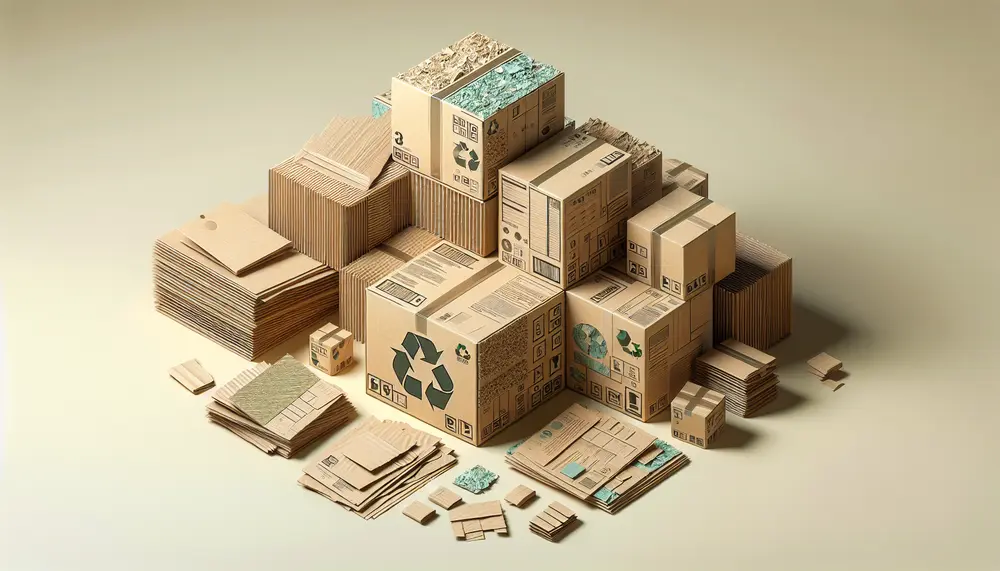Table of Contents:
Understanding Recycled Paper and Its Importance
Recycled paper is an essential component of eco-friendly living, offering a sustainable alternative to virgin paper made from freshly cut trees. As the world becomes increasingly conscious of environmental issues, understanding the value and impact of recycled materials, especially paper, is crucial for consumers and businesses alike.
At its core, recycled paper is made from used paper products that have been collected, processed, and remanufactured into new paper. This process preserves natural resources, reduces energy consumption, and lessens the burden on landfills. By choosing recycled paper, we contribute to a cycle of reuse that can significantly lower the demand for raw materials and protect forest ecosystems.
In this age of information, paper continues to be a staple in homes, offices, and educational institutions, making the move to recycled paper a powerfully positive choice for the planet. Embracing this green solution doesn't just reflect environmental awareness; it also showcases a commitment to responsible consumption and the well-being of future generations.
The Environmental Benefits of Using Recycled Paper
Recycled paper stands as a testament to environmental stewardship, providing a plethora of environmental benefits that extend far beyond the obvious. For one, the production of recycled paper consumes less water than virgin paper production, highlighting a more conscientious approach to our precious water resources.
Additionally, by diverting paper from the waste stream and reprocessing it, we are able to minimize landfill use. This not only reduces methane and other harmful emissions but also makes land available for other beneficial uses. Moreover, factories dedicated to creating recycled paper typically have a smaller carbon footprint, contributing to a decrease in overall greenhouse gas emissions.
The benefits of recycled paper extend into the realm of energy conservation as well. It requires significantly less energy to produce recycled paper compared to creating paper from virgin wood pulp, resulting in a reduction of reliance on fossil fuels and a move towards more sustainable production practices.
By integrating recycled paper into our daily lives, we act on a powerful opportunity to conserve natural resources, solidify energy savings, and foster a healthier environment for all.
The Sustainable Paper Journey: Embracing Recycled Paper Options
What are the different types of recycled paper available?
Recycled paper comes in a variety of types, including but not limited to, pre-consumer and post-consumer recycled content. It is available in various finishes such as smooth, vellum, linen, and felt, and different weights like 24 lb Writing, 70 lb Text, and 80 lb Text. There is also a wide range of colors from whites and ivories to vibrant hues and metallics.
How does recycled paper benefit the environment?
Recycled paper helps preserve forests, conserve water, and reduce landfill waste. Producing recycled paper uses less energy and water than making paper from fresh pulp, reduces greenhouse gas emissions, and minimizes the ecological footprint of paper production.
Can recycled paper be used in all printers?
Yes, recycled paper is compatible with a variety of printers including digital presses, copiers, inkjet printers, offset printers, and laser printers. Always verify the printer's specifications for the best results.
What additional services are offered for recycled paper products?
In addition to purchasing paper, customers can avail themselves of value-added services such as cutting, perforating, scoring, and drilling to customize their paper to specific requirements.
Are there any incentives for using recycled paper?
Many companies incentivize the use of recycled paper by offering discounts, rewards programs, and promotional deals. For example, subscribing to a newsletter might result in receiving a discount on your next order as well as updates on exclusive offers.






